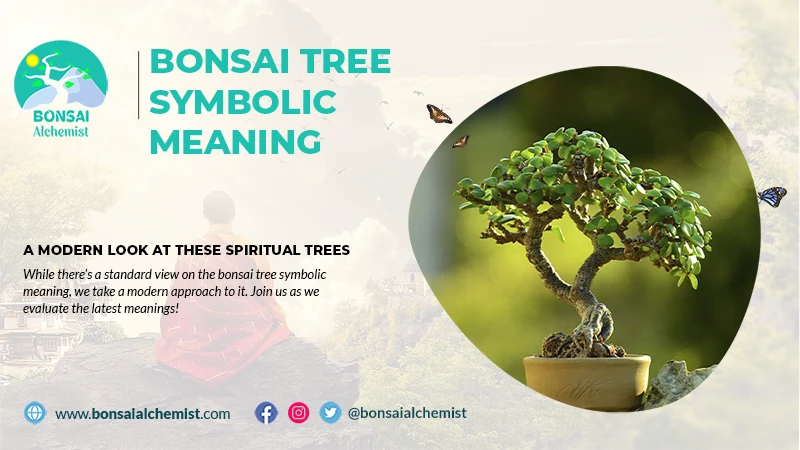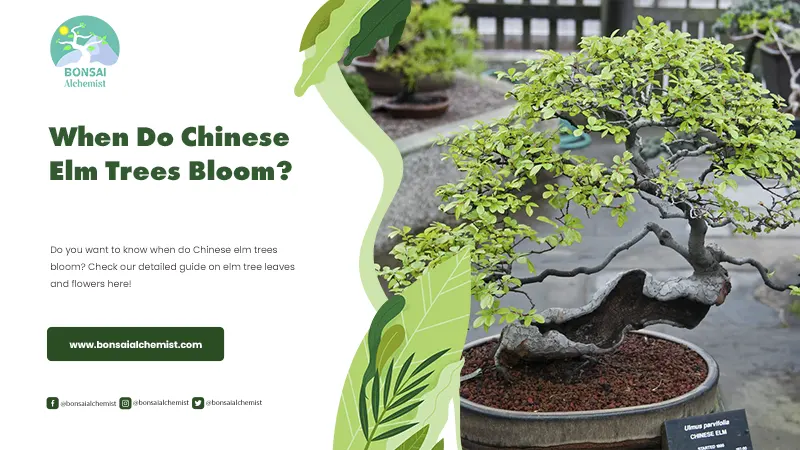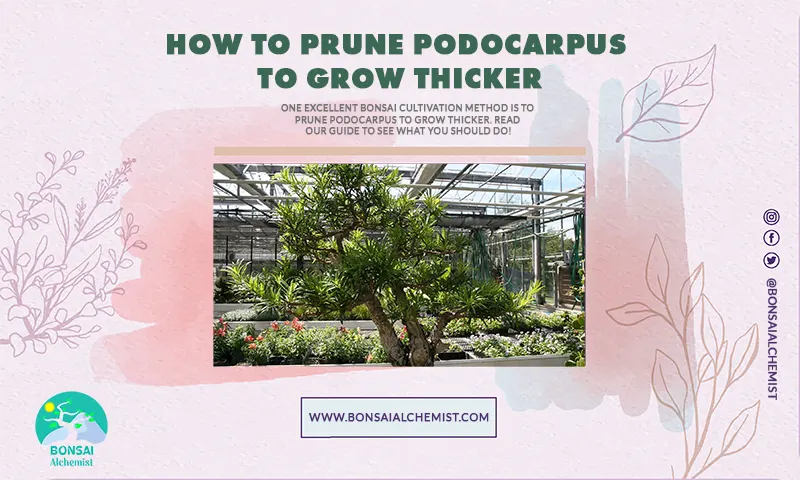Top Bonsai Tree Meanings and Symbols
Bonsai is a popular art form dating back centuries. It primarily started in East Asia and is now practiced across the world. Whether you’re an amateur or a pro, cultivating this habit can help you find solace and respite from mundane existence, as it incorporates natural elements of harmony, balance, and simplicity.
Each tree species has its personality and charm and elicits a range of emotions from the viewer. In this article, we’ll learn some popular bonsai trees’ meanings and their symbolic significance.
Bonsai Tree Benefits and Symbolism
There are myriad benefits of having bonsai trees. The bonsais purify the indoor air and soak the pollutants leading to good health and well-being. You don’t need a humidifier to maintain humidity levels, as the bonsai does that for you. Bonsai plants also help alleviate mental stress and are good for mental health. They also enhance the aesthetic appeal of your place. Another benefit is for your personal development. Practicing this art can cultivate patience and creativity in you. Also, you can save money by growing your own bonsai instead of buying it from sellers, which can cost you a lot.
All bonsais, in general, represent simplicity, harmony, and balance. When you practice this art, it gives you a sense of calmness and brings peace. The mimicking of natural landscapes establishes a connection with nature and symbolizes harmony and simplicity. You can create a stunning bonsai through natural elements alone. Moreover, you acquire qualities like patience and endurance since the bonsais grow slowly and need pruning at specific intervals.
Symbolically, bonsais can also have several meanings and evoke various emotions depending on the bonsai species and the style. For example, slanting bonsais signify strength, patience, and perseverance, while the formal upright style symbolizes health, simplicity, and harmony.
A bonsai’s meaning and symbolism vary greatly depending on the tree type. Let’s delve into the meanings of some popular bonsai species.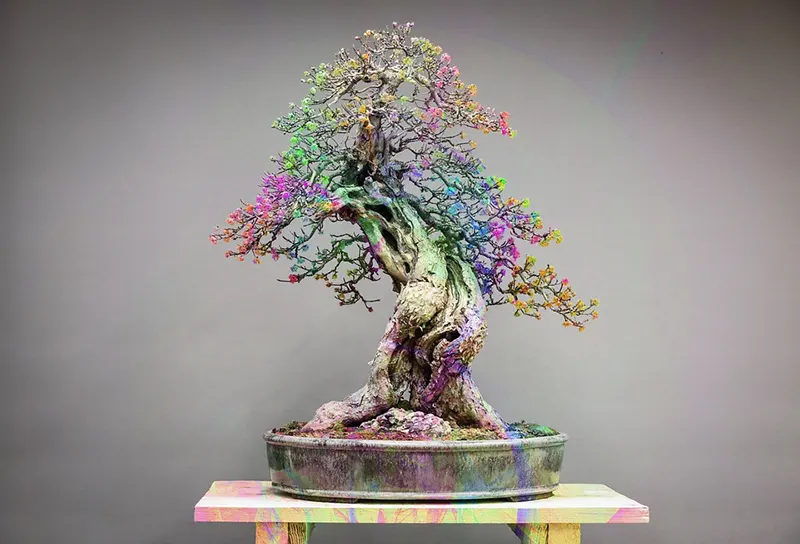
Top Bonsai Tree Meanings and Symbols
Cherry Blossom
A cherry blossom tree symbolizes renewal, rebirth, and beauty.
The delicate pink springtime cherry blossoms are native to Asia and hold deep cultural significance in Japan, where the cherry blossom is the national flower. They primarily represent the cycle of human existence and are a reminder of divine beauty and strength.
The lackluster winter landscape transforms into a gorgeous spring with soft pink cherry blossom flowers under clear blue skies. You can see signs of spring arrival with the first sighting of these flower buds; thus, many people relate this to the lifecycle or coming through a situation. After every dusk, there’s dawn, and similarly, a dull winter is followed by a vibrant spring.
Cherry blossoms are also reminiscent of the fleeting nature of time. The spring season doesn’t last long, and the blossoms fade away until the following spring. It, therefore, encourages you to live in the present moment, be mindful, and take one day at a time. In some cultures, like the Chinese, these flowers represent feminine beauty and grace.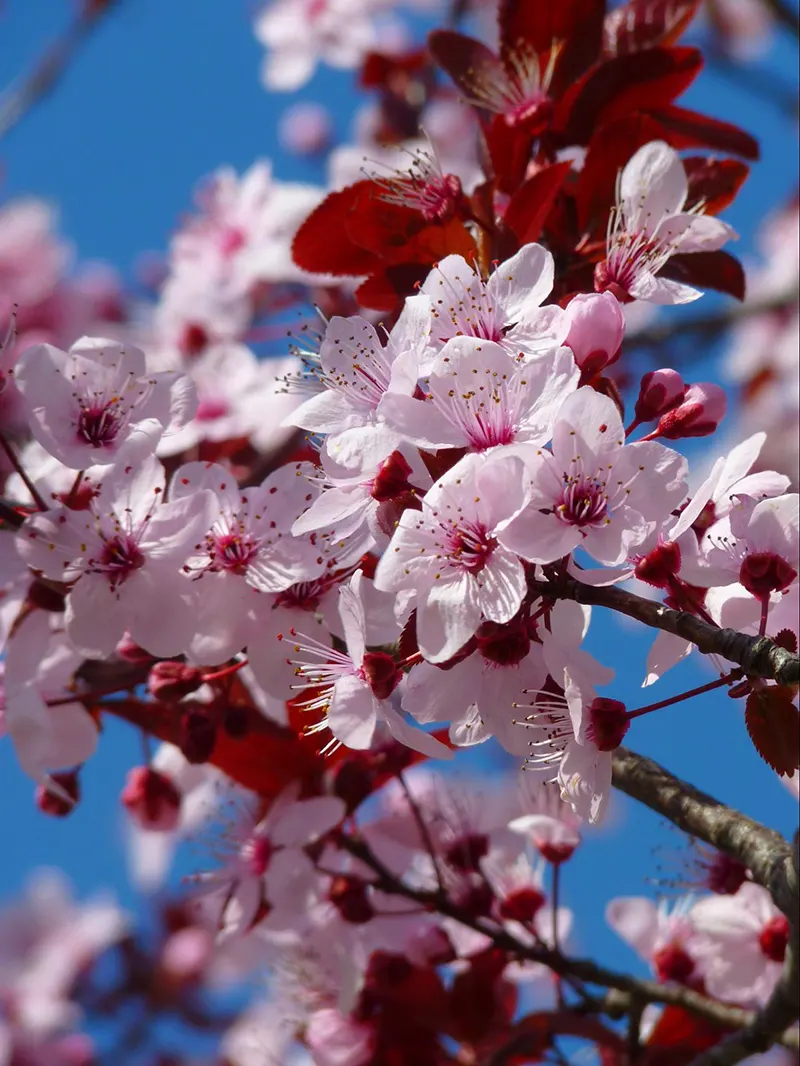
Chinese Elm
Chinese elm trees symbolize harmony, love, and peace.
Chinese elm is often called the “tree of harmony,” representing peace, love, wisdom, and inner strength. You can find it planted in front of churches or homes as it’s considered a good omen. It has medicinal properties, too, and radiates calm and peaceful energy into the place.
Chinese elm can grow up to 80 ft, but it’s an excellent choice for bonsai due to its small leaves. Its large size represents the vastness of nature. Due to its calm and peaceful appearance, it brings positive energy and symbolizes love. It makes for a great gift choice for those going through conflict or needing guidance, as people associate this tree with protective powers.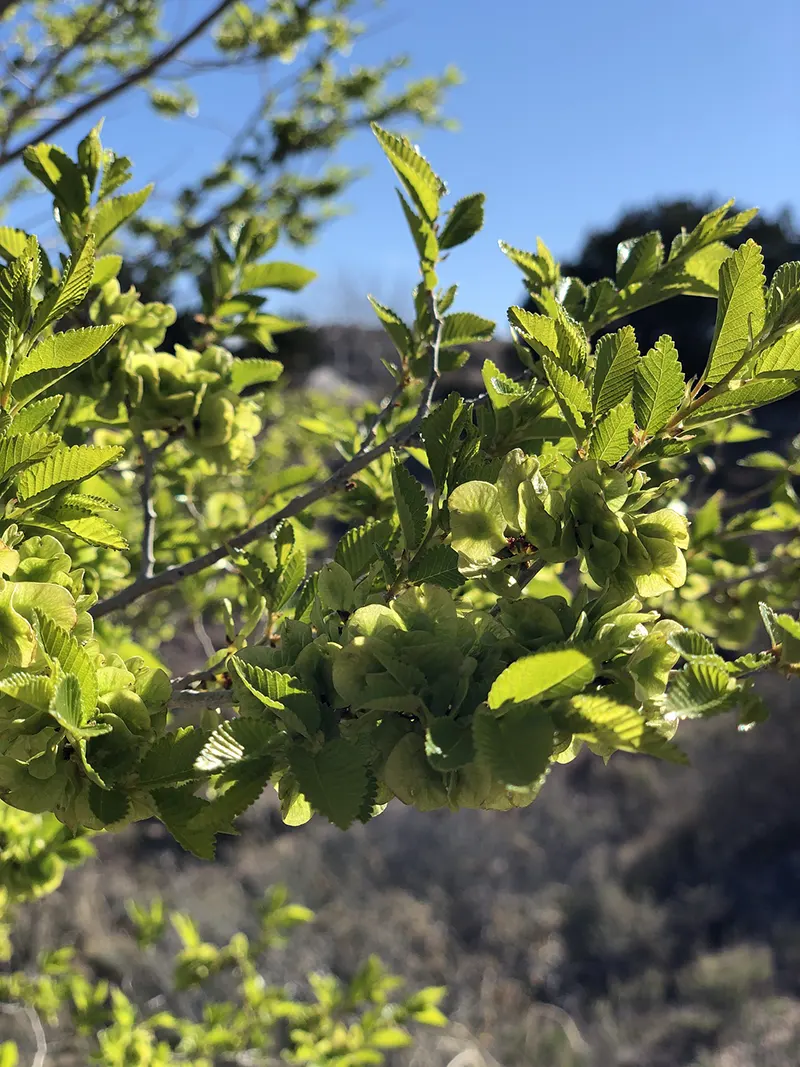
Japanese Maple
The Japanese maple tree represents peace and beauty.
Japanese maple is famous for bonsais due to its vibrant yellow, orange, and red fall colors. Its attractive red foliage and stretched-out branches symbolize beauty and elegance.
This tree is reminiscent of peace, balance, and calm in many Asian cultures, especially in Japan, where it inspires awe and wonder. Thus, it has been a subject of Japanese art, literature, and poetry for ages. Its ability to change colors with the season makes it one of the most coveted bonsai species.
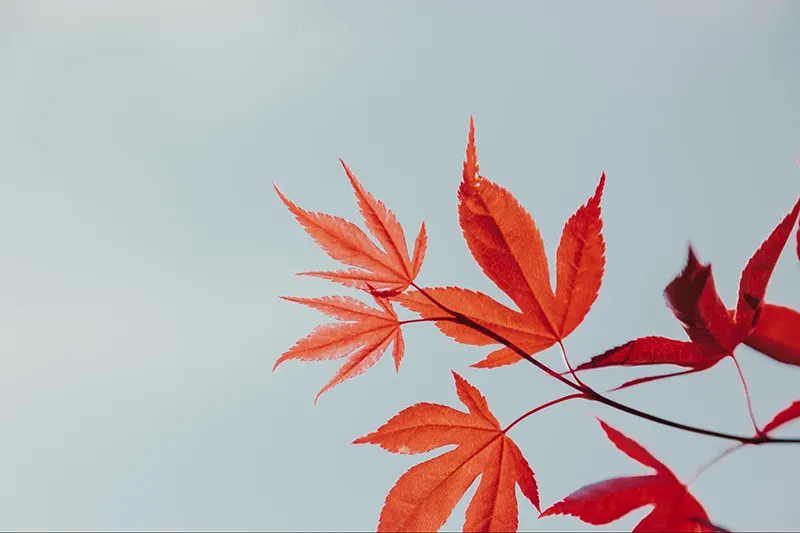
Jade
The Jade tree represents abundance and prosperity.
Jade is a popular plant in the Feng Shui philosophy, and it symbolizes success, harmony, and abundance. It’s also called the money tree, lucky tree, or friendship tree.
Many believe that it attracts wealth to the place it’s planted. You might also see a resemblance to jade coins in their green leaves. Thus, it’s a gift for new business openings or housewarming parties.
This plant is associated with positive vibes and good luck and will fill your space with positive energy. A flowering jade plant symbolizes good friendship and positive energy.
Another jade plant is the dwarf jade, native to South Africa. These succulents also represent good luck, prosperity, and friendship.
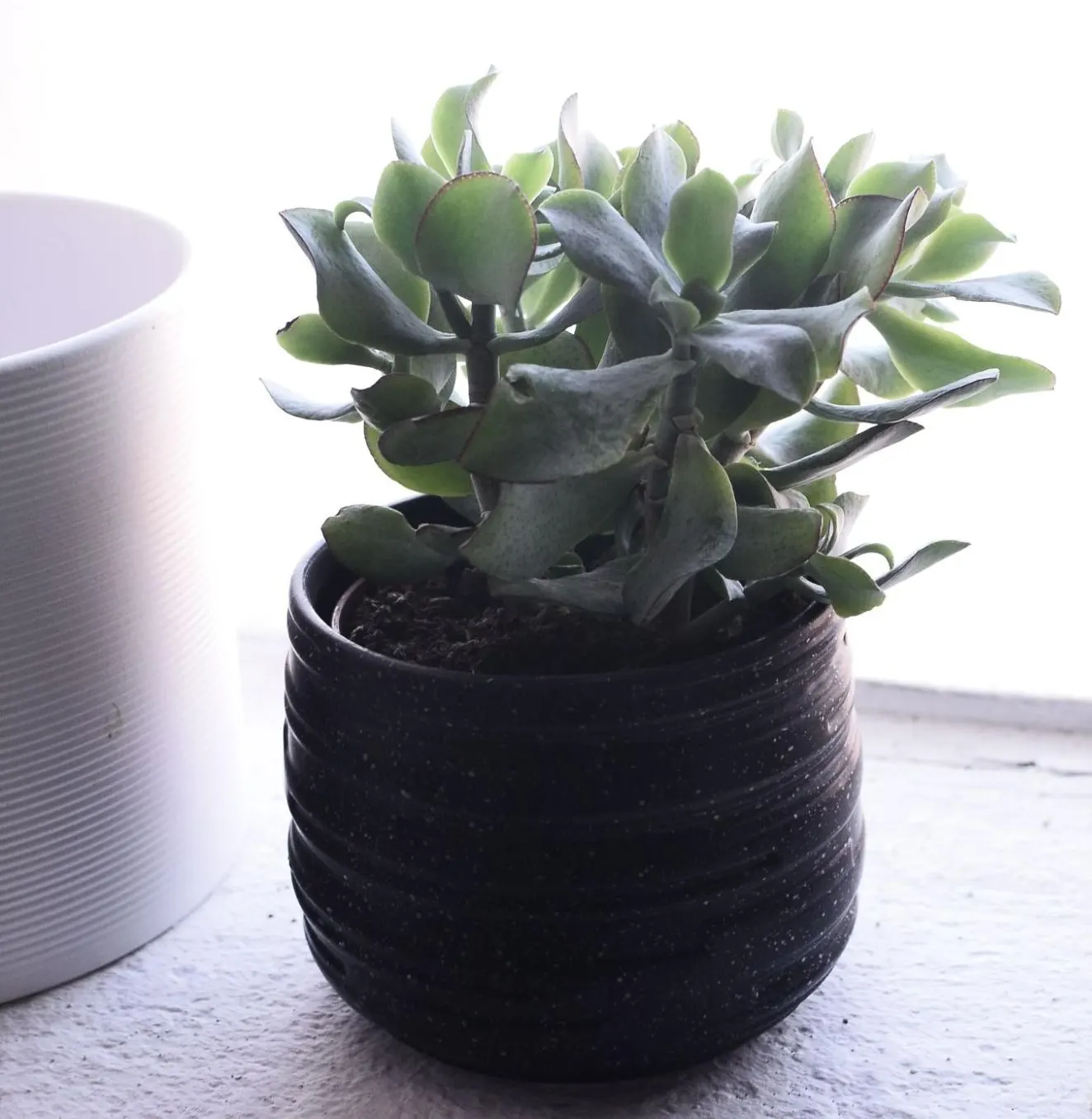
Juniper
The Juniper tree symbolizes strength, protection, and purification.
The Juniper tree is a coniferous tree and is native to England. This tree is said to have great healing powers and is known for its longevity. It represents strength as it can withstand the test of time and can live for as long as 700 years. It also symbolizes one’s ability to overcome life’s challenges as it’s resilient and can grow in inhospitable environments.
In Western culture, Juniper is associated with purity as it has an excellent cleansing ability. It symbolizes protection as it’s believed that it can ward off evil spirits and negativity. Moreover, its berry-like cones are used in healing rituals and holistic medicine.
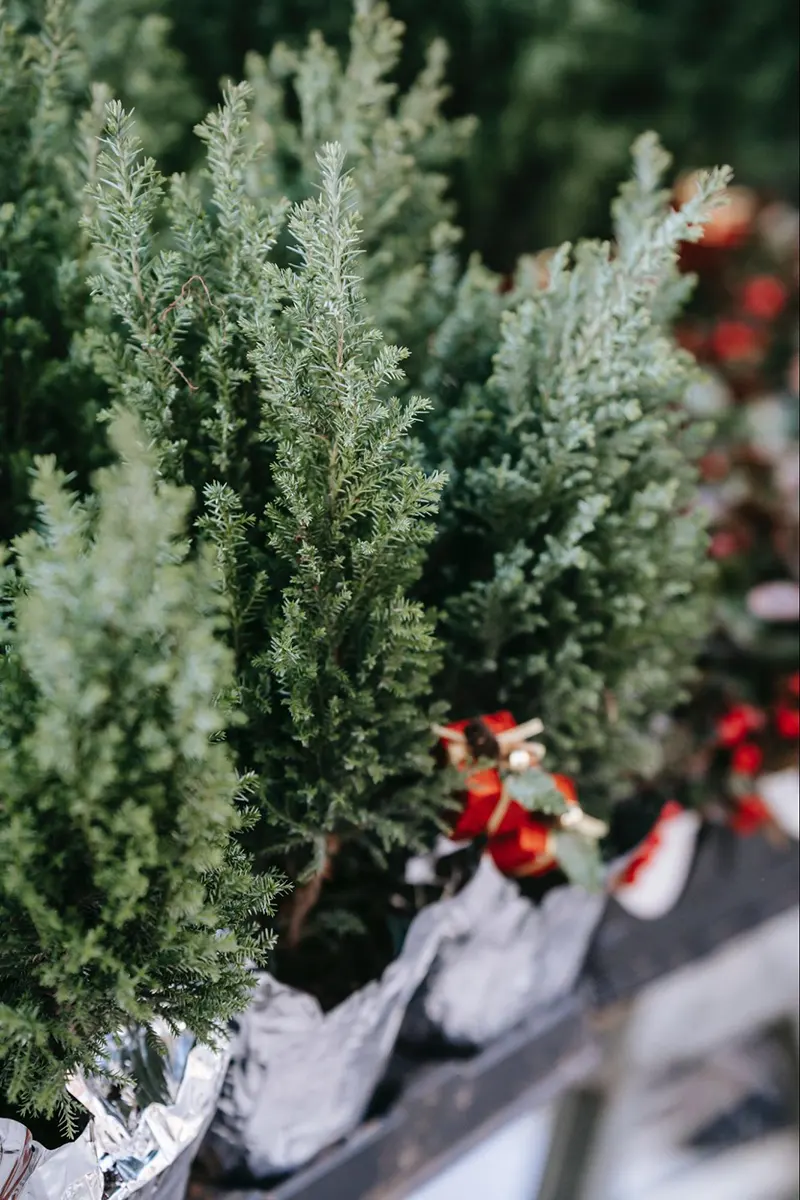
Ficus
The Ficus tree symbolizes unity, cheerfulness, and new beginnings.
Ficus bonsais are popular choices for growing indoors and are relatively low-maintenance. Across many cultures, this tree represents unity, positivity, and understanding. Its large appearance and the ability to grow rapidly signify cheerfulness, abundance, positivity, and joy.
Also called the “cheerful tree,” having a Ficus in your space will lift your mood and rejuvenate your spirits. It induces an atmosphere of understanding and positivity. Its low-maintenance nature suggests its simplicity and the ability to embrace new beginnings.
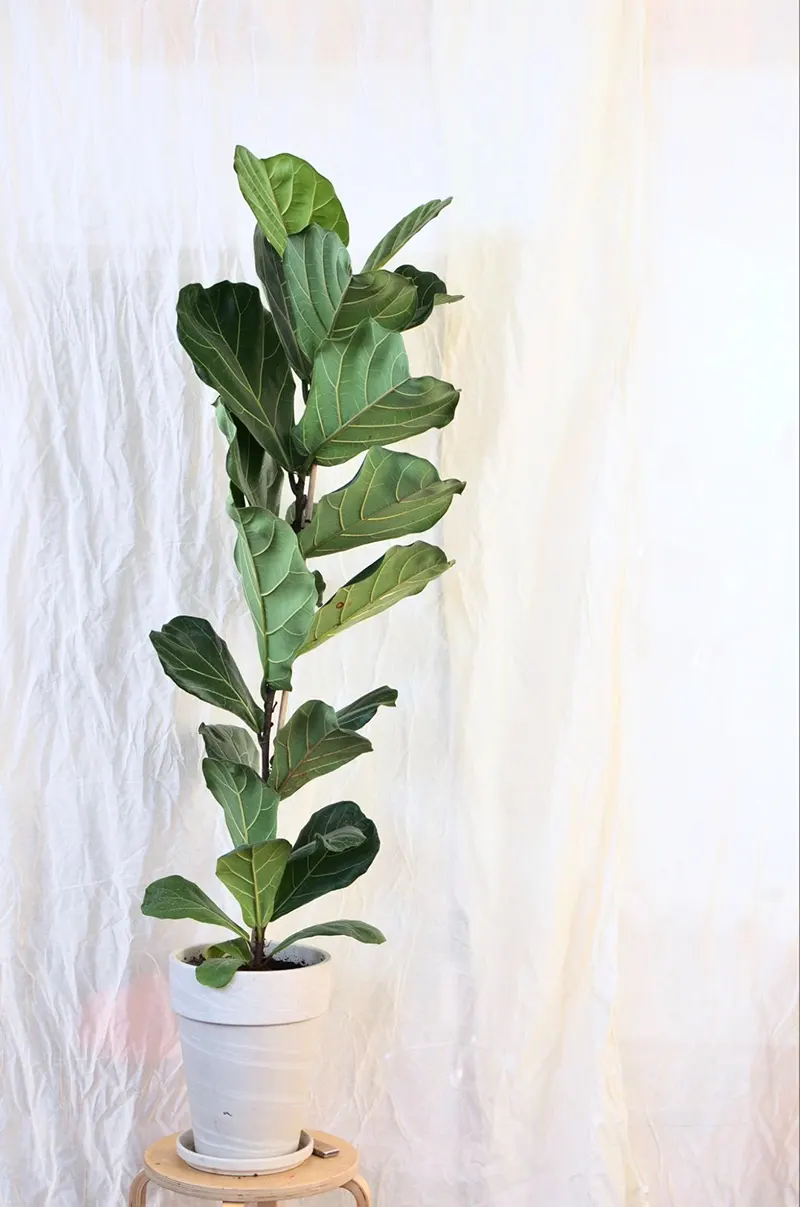
Azalea
The Azalea plant symbolizes femininity, beauty, and love.
Azaleas are members of the genus Rhododendron and make for excellent bonsais. They represent beauty and bountiful abundance, and the flowers can last for weeks.
The vibrant yet delicate flowers exude feminine characteristics of grace, gentleness, and emotional vulnerability. They also represent passion and affection; you can give them as a gift to express your love for someone.
Due to the rapidly-growing nature of flowers, Azaleas symbolize abundance, whether it’s in wealth, intelligence, wellness, or beauty. The red, white, or pink blossoms are abundant even in the miniature Azaleas.
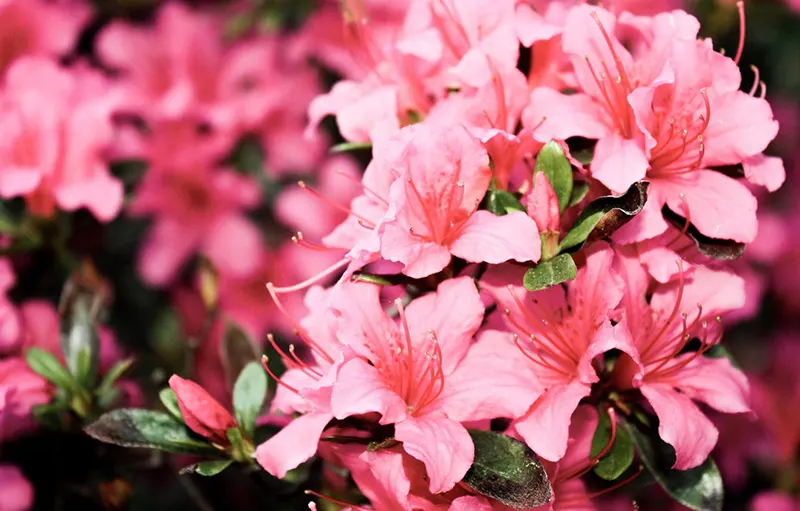
Cedar
The Cedar tree symbolizes protection, strength, and immortality.
The cedar tree is a coniferous tree from the pine family and has great cultural significance for the Native American tribes. Its herbs are used for purifying, healing, and in prayer ceremonies.
Some people associate the cedar tree with immortality as its top shape points to the heavens. Its thick bark represents the wisdom of the ages. Also, it can live for centuries and symbolizes longevity, strength, and protection.
The cedar is used for incense and herbs as a purifying plant, and the Native Americans use its bark and leaves for medicinal purposes. For them, this tree primarily symbolizes generosity.
It also has spiritual significance as it’s associated with prayer and meditation, making it a good choice if you want to give to someone going through a difficult phase. Its healing and purifying properties and the ability to repel evil spirits make it an excellent bonsai choice for protection and positivity.
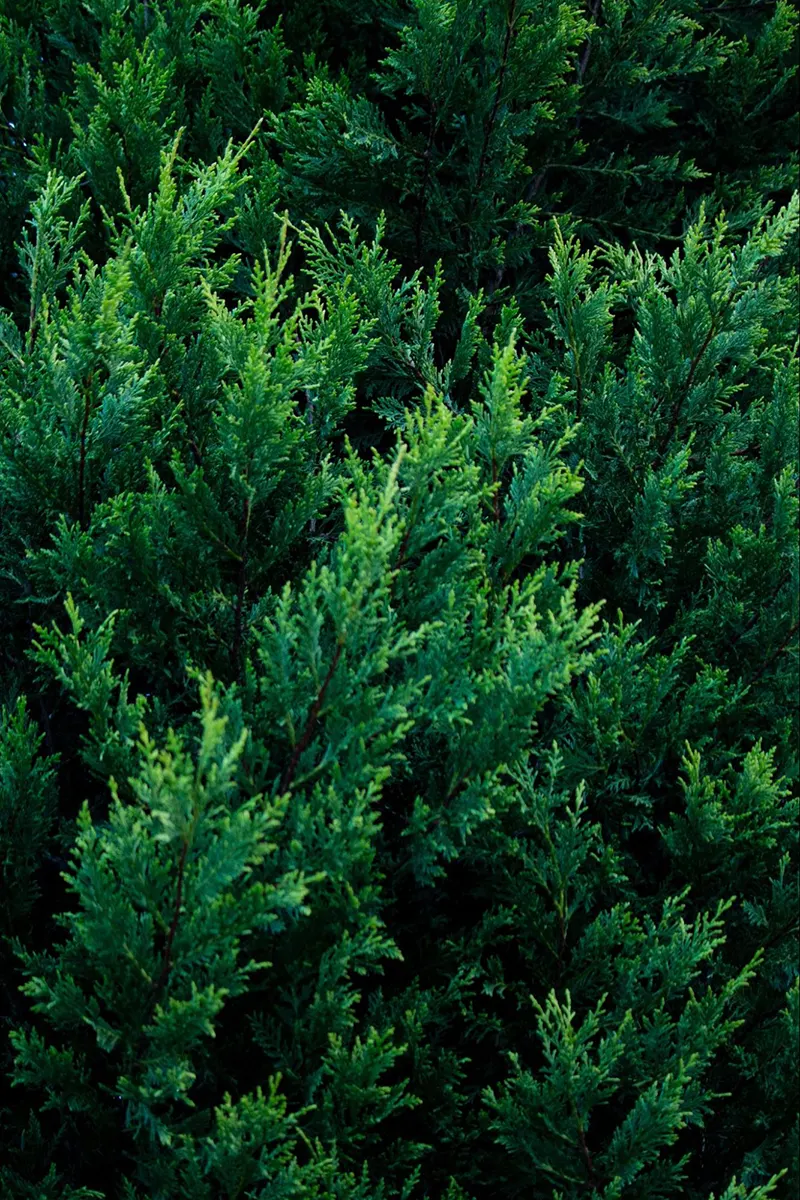
Oak
The Oak tree symbolizes health, knowledge, and strength.
An oak tree can live for over 250 years and is among the largest-growing in the world. Owing to its longevity and size, it represents strength and vastness. It has strong trunks and can withstand consistent pruning, making it an excellent bonsai choice.
The rough and strong barks represent wisdom and healing powers. If you have an oak bonsai, you can unleash your creativity by pruning it to a distinctive shape and style.
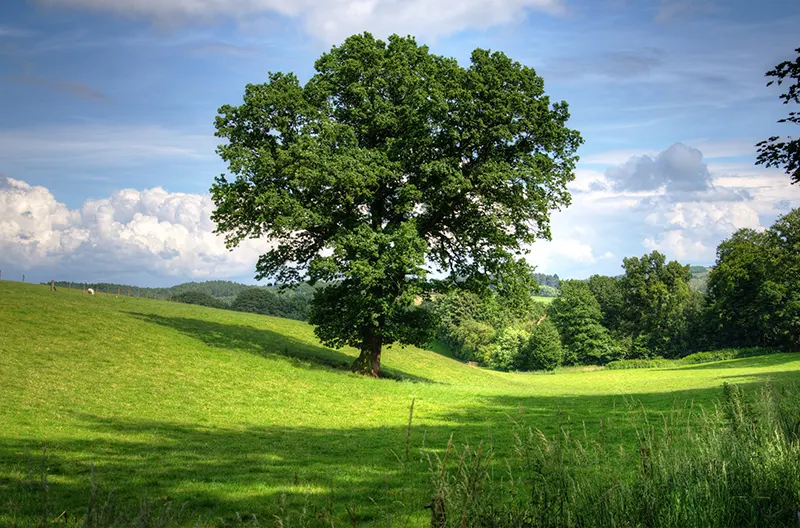
Ginkgo
The Ginkgo tree symbolizes perseverance and strength.
The Ginkgo biloba (maidenhair) is a large tree that can live for thousands of years and is native to China. It’s considered a “living fossil” as this tree is from prehistoric times and is the only surviving species of its kind. It symbolizes resilience and perseverance.
This tree is symbolic of its strength and vitality, and you can see it live up to these traits when six of these trees survived the Hiroshima bomb explosion and the aftermath. Ginkgo is also known for its medicinal benefits and can withstand city pollution when planted on sidewalks and city parks.
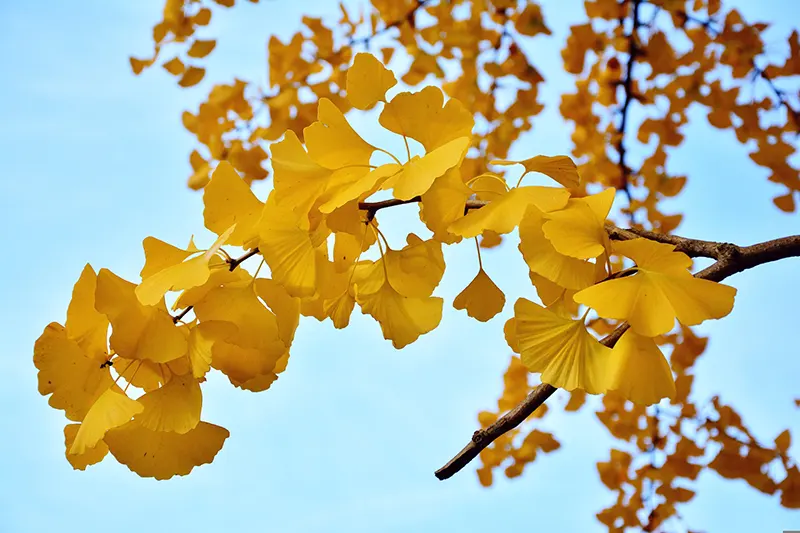
Final Thoughts
Now that you know what the different bonsai trees stand for, you can make a personalized selection for your space or gift them to a loved one. Giving a distinct look to your bonsai by shaping and styling it will enhance its appeal and add to its meaning and symbolic significance. No matter what species, in general, bonsais bring harmony, balance, and peace to the surroundings.



